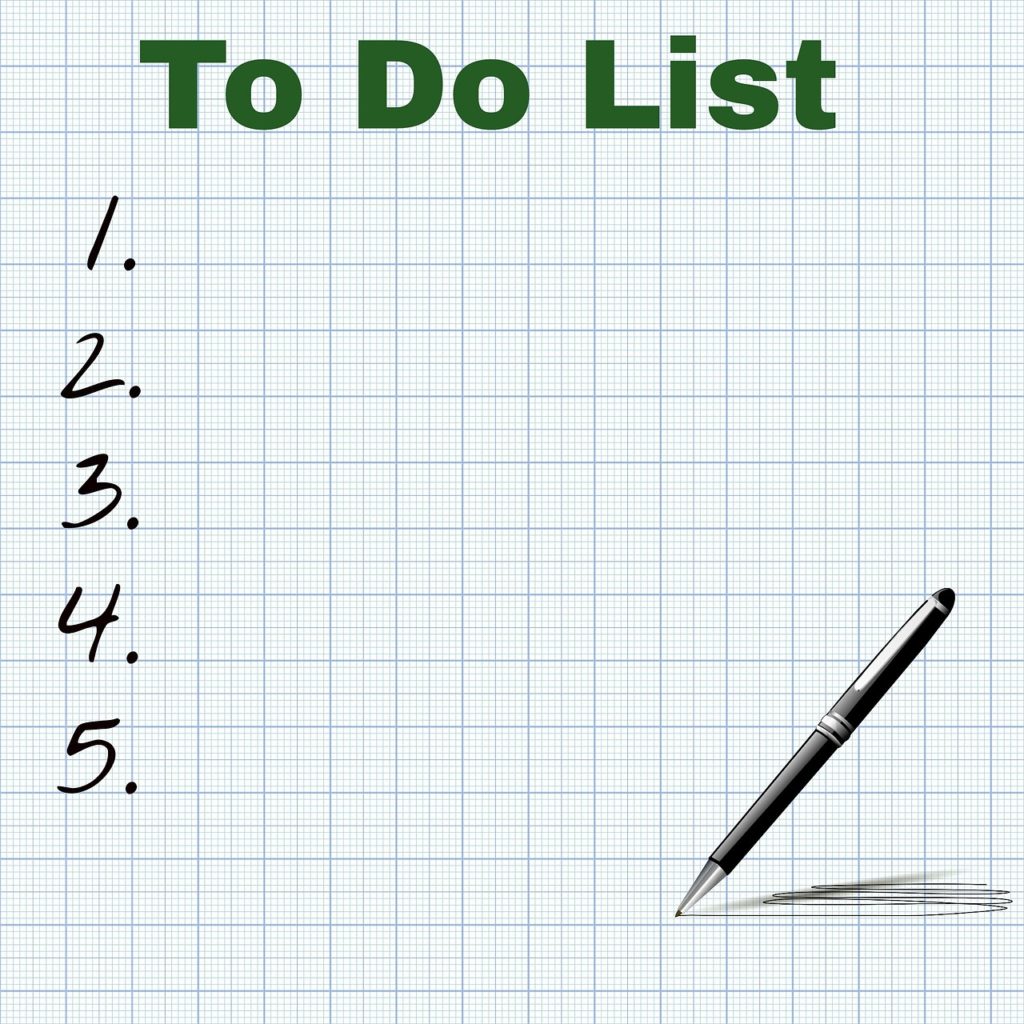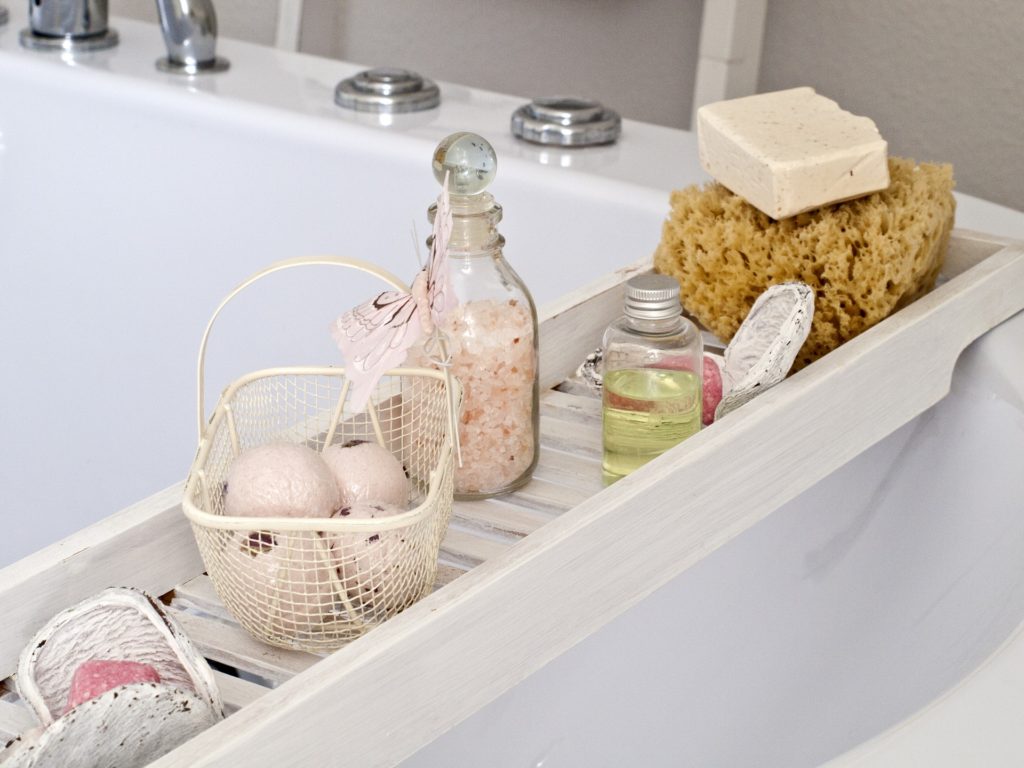Almost 50% of working adults in the United States have expressed issues over the quantity of tension they experience on a daily basis, according to the American Psychological Association. While stress is a natural response to events and circumstances that we face every day, it can often be debilitating. This is especially true for busy mothers and working women who feel like they don’t have time for anything else other than work and taking care of their families. In this blog post, we will discuss fifteen easy and natural methods to fight stress that can be fit into any schedule!
1. Exercise regularly – it releases endorphins that improve your mood and help you relax
I know that between work, taking care of my family, and trying to squeeze in some time for myself, finding the time to exercise regularly seems impossible. But even if I can only fit in a few minutes at a time, it’s worth it! Exercising releases endorphins which improve your mood and help you relax. And even though it may seem like the last thing you want to do when you’re feeling stressed, getting your body moving is a great way to reduce stress.
If you’re really struggling to find time for a full workout, try doing some simple stretches or yoga poses instead. Yoga is a great way to relax your body and mind, and there are lots of easy yoga poses that can be done even if you’re short on time.


2. Get enough sleep – when you’re tired, it’s harder to deal with stress
This is something that I’m definitely guilty of not doing! When you’re tired, it’s harder to deal with stress. You’re more likely to snap at people, and your body isn’t able to function as well as it should be. So make sure you’re getting enough sleep each night, even if it means going to bed a little earlier than usual.
If you have trouble falling asleep, there are a few things you can do to help yourself out. Try drinking some chamomile tea before bed, or reading a book instead of scrolling through social media on your phone. And if all else fails, try taking a melatonin supplement to help you drift off.


3. Eat healthy foods – avoid processed foods and eat plenty of fruits and vegetables
What you eat can also affect how well you’re able to deal with stress. Avoid processed foods and make sure you’re eating plenty of fruits and vegetables. This will give your body the nutrients it needs to function properly, and it will also help improve your mood.
If you’re not used to eating a lot of fruits and vegetables, start by adding a few servings to your diet each day. You can also try juicing or smoothies as an easy way to get more fruits and vegetables into your diet. And if you’re having trouble getting enough protein, consider adding a high-quality protein powder to your diet.
It’s also a good idea to avoid caffeine and alcohol, both of which can worsen the effects of stress.


4. Take breaks throughout the day to relax and rejuvenate
This is something I definitely need to work on! It’s so easy to get caught up in work and other obligations, but it’s important to take breaks throughout the day to relax and rejuvenate. Even if it’s just a few minutes, taking some time for yourself can make a world of difference.
Some ideas for taking breaks:
– Take a walk outside
– Listen to calming music
– Meditate or do some deep breathing exercises
– Do some gentle stretching or yoga poses
– Write in a journal
– color in an adult coloring book 🙂
Whatever you choose to do, make sure it’s something that relaxed and makes you feel good!


5. Spend time with friends and family – they can provide a much-needed break from the stress of everyday life
Friends and family can provide a much-needed break from the stress of everyday life. They’re a great support system, and they can help you to relax and unwind. So make sure you’re spending time with them regularly!
And if you don’t have anyone nearby that you can spend time with, try reaching out to friends and family online. There are plenty of social media platforms that allow you to stay connected with people from all over the world.


6. Practice meditation or mindfulness
I’ve been trying to practice meditation and mindfulness lately, and I have to say that it’s definitely helped me to relax and de-stress. These are both great methods for improving your focus and reducing stress levels.
Mindfulness meditation is a form of mindfulness that has become popular in recent years. It involves focusing on your breath and being aware of your thoughts and feelings without judgment. There are many apps and websites that offer guided mindfulness meditation, or you can simply find a quiet place to sit and focus on your breath for a few minutes.
So if you’re feeling stressed, try taking a few minutes each day to meditate or be mindful. You may be surprised at how much it can help!


7. Connect with nature – take a walk in the park, sit by a river, or watch the stars at night
We live in such a fast-paced society that it’s easy to forget the importance of nature. Connecting with nature is one of the most grounding things we can do for ourselves. It doesn’t have to be a long hike through the woods (although that would be amazing if you have the time!). Even something as simple as sitting by a river or taking a walk in the park can help us to connect with the world around us and ground ourselves.
If you’re feeling stressed, take some time out to watch the stars at night. Stargazing is a great way to center yourself and clear your head. It’s also incredibly relaxing! Bonus points if you have a telescope and can get a closer look at the stars.
Nature is one of our greatest teachers, and it’s always available to us when we need it. Connecting with nature is a great way to reduce stress and find peace.


8. Journal about your thoughts and feelings to release any bottled-up emotions
Journaling is another great way to release any bottled-up emotions. It can be really helpful in getting your thoughts and feelings out on paper, which can help to reduce stress levels.
So if you’re feeling stressed, try journaling about it. Write down everything that’s going through your mind, and write about how you’re feeling emotionally. This can be a really cathartic experience, and it can help to reduce stress levels.
When journaling, be sure to write without judgment. Just let your thoughts and feelings flow freely on the page. This can be a really therapeutic exercise, and it may even help you to gain some clarity about certain situations that are causing you stress.
If you’re not much of a writer, consider drawing or painting instead. The process of creating can be very calming and therapeutic.
Journaling Tips:
– If you’re feeling stressed, angry, or anxious, journaling can be a great way to release those feelings.
– Write without judgment, letting your thoughts and feelings flow freely on the page.
– Consider drawing or painting instead of writing, if you find that it’s more calming for you.
– Make a habit of journaling regularly, even if it’s just for a few minutes each day. This can be really beneficial in terms of reducing stress levels.


9. Get organized
One of the quickest ways to feel overwhelmed and stressed is to be disorganized. When you’re constantly searching for things or can’t find important papers, it puts a lot of unnecessary stress on your shoulders. Take some time each day to get organized and declutter your space. This will help you feel more in control and less frazzled.
One way to do this is to make sure you have a place for everything and put things back in their spot after you use them. This will help keep your space tidy and prevent you from having to search for things later on. You can also try using storage bins and labels to keep things organized. This will help you know exactly where everything is and how to find it quickly.
Try to get organized, both at home and at work. This will help you to feel more in control of your life, and it will help to reduce stress levels.


10. Taking a warm bath (plus aromatherapy)
Taking a warm bath is another great way to relax your mind and body. The heat of the water can help to ease muscle tension, and the scent of lavender or other essential oils can help to calm your nerves. Add a few drops of lavender oil to your bathtub before you get in, or use a lavender-scented soap. You can also try adding other soothing essential oils, like chamomile or ylang-ylang.


11. Massage
Massages are a great way to relax and de-stress. They can help to ease muscle tension, and they can also be very soothing for the mind and body. If you don’t have time for a professional massage, you can try giving yourself or your partner a massage. You can also use a massager on your own body. There are many different types of massagers available, so you can find one that’s right for you.


12. Journaling about your goals
Journaling about your goals is a great way to reduce stress levels. Setting specific targets and writing down what you want will give you purpose, direction; it’ll also help get things off of your mind so that when tomorrow rolls around you won’t be starting from the stresses of yesterday still running around your head.
We all know that writing things down helps with the process of focusing and clearing your mind, but did you also realize it can be used as an anxiety attack prevention tool? Researchers have found journaling reduces negative emotional responses too.


Conclusion:
There are many different ways to reduce stress levels, and these are just a few of the most effective methods. If you can find a way to relax and de-stress that works for you, make it a regular habit. This will help you to stay calm and collected under pressure, and it will help to keep your stress levels in check. Thanks for reading! I hope this was helpful. 🙂

